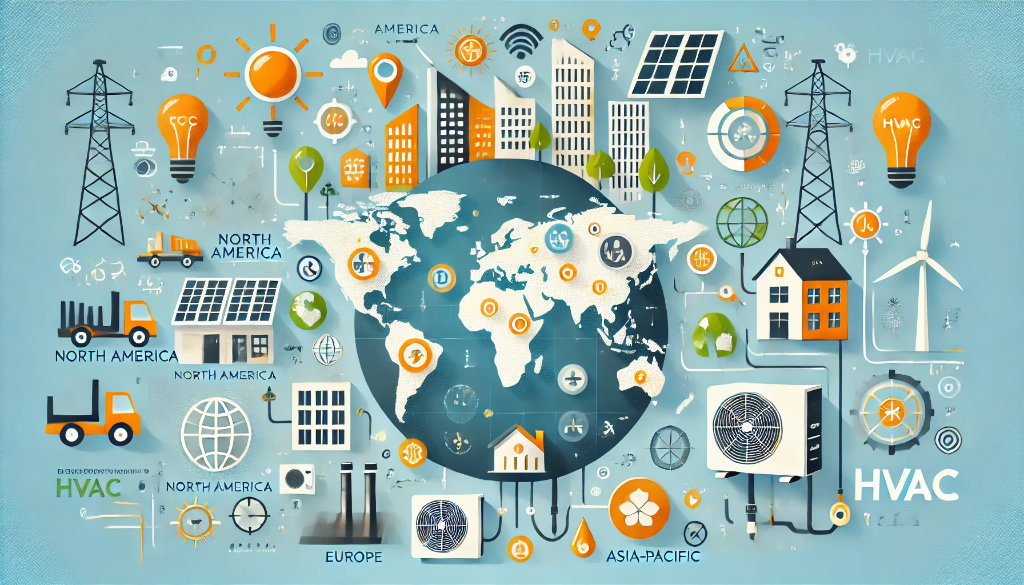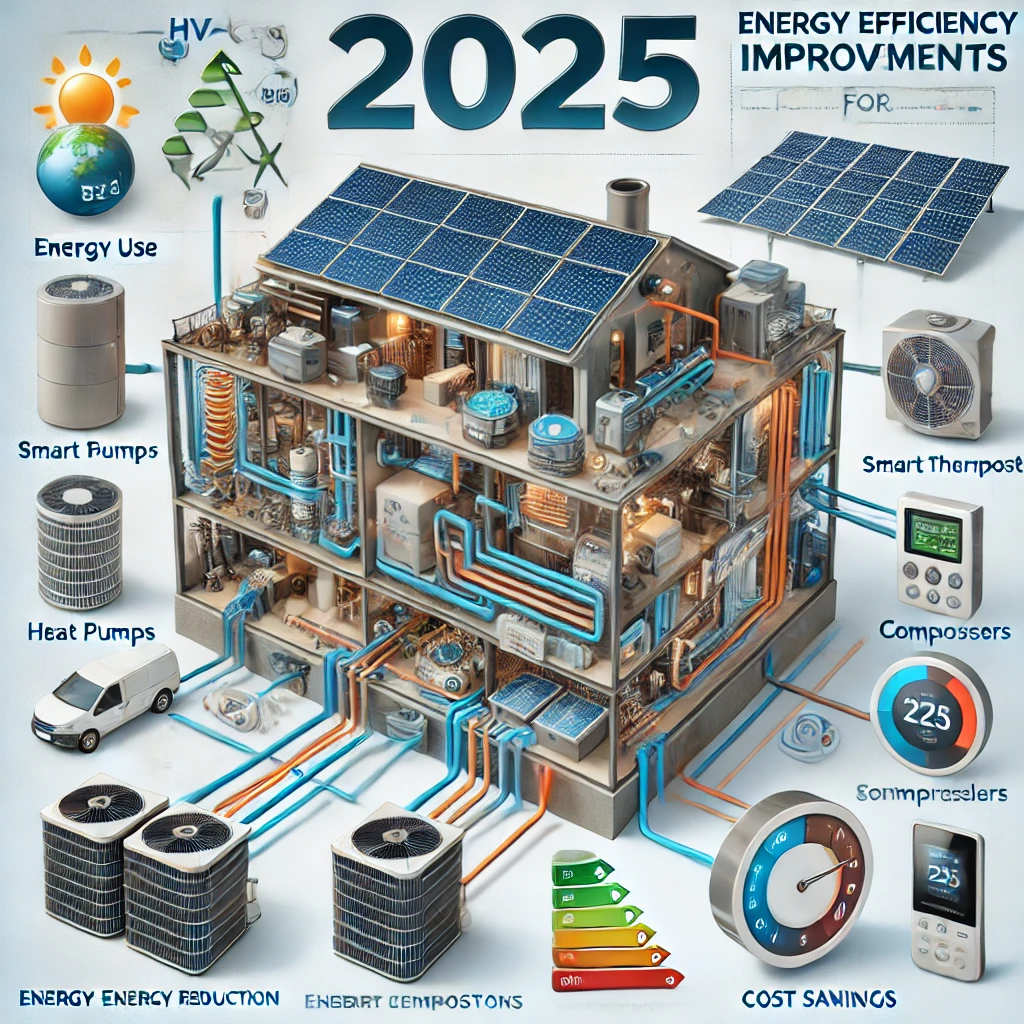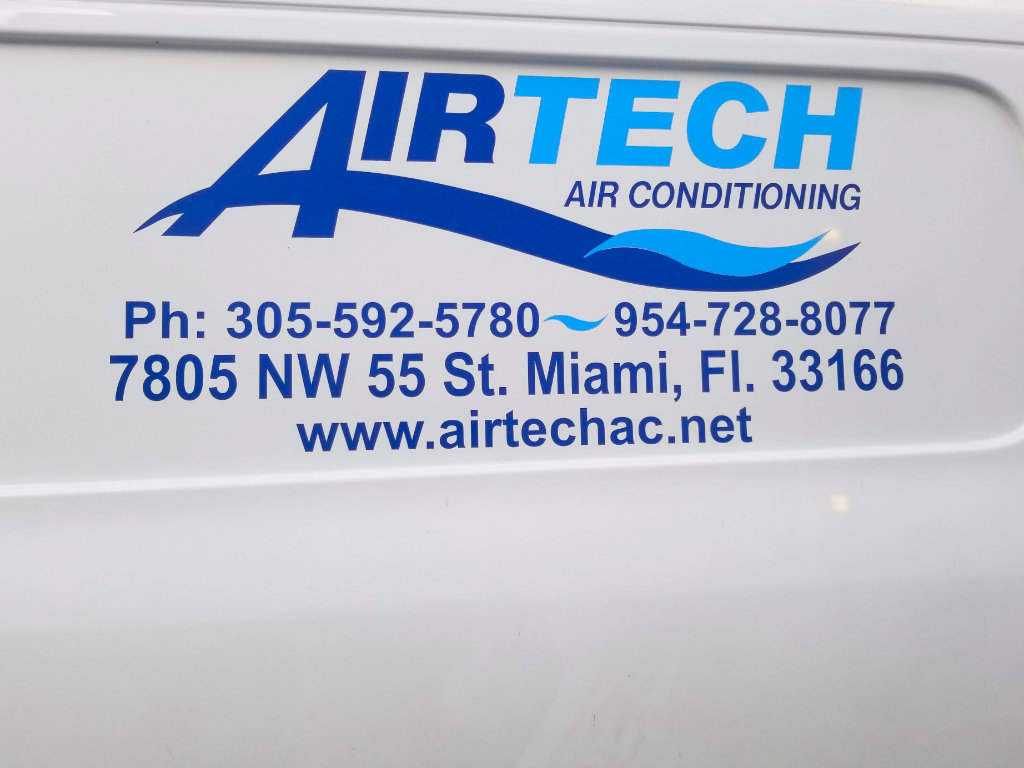Explore key growth areas in the regional HVAC market. Find insights and strategies for contractors to leverage trends from urbanization to green tech.
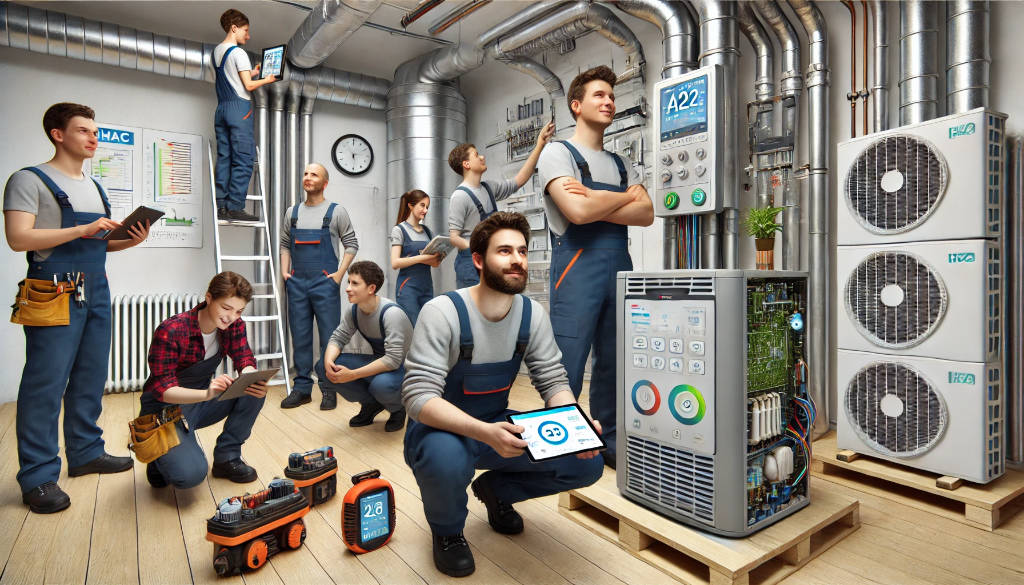
The HVAC Workforce: Building Skills for a Sustainable, High-Tech Future
The HVAC industry is on the brink of a major transformation. New technologies, a focus on sustainability, and increasing client expectations are changing what it takes to thrive in this field. Today’s HVAC professionals are called to master smart systems and deliver eco-friendly solutions, requiring advanced skills and adaptability. This blog explores the skills and specializations shaping the modern HVAC workforce, helping contractors and technicians achieve success in a fast-evolving industry.
Why Upskilling is Essential for the HVAC Workforce
With HVAC technology advancing rapidly, upskilling is crucial for today’s HVAC workforce to stay ahead. Technicians are expanding their expertise to meet the complex needs of both residential and commercial clients..
Key Upskilling Areas for the HVAC Workforce
Smart System Integration for the Modern HVAC Technician
HVAC professionals are expected to understand IoT-enabled systems, such as smart thermostats and remote diagnostics, to deliver seamless, data-driven climate control.
Energy Efficiency Expertise in HVAC
Expertise in high-efficiency heat pumps, hybrid models, and advanced ventilation systems is becoming essential as eco-friendly options become the new standard in HVAC.
Refrigerant Management and Compliance
With high-GWP refrigerants phasing out, HVAC professionals must master safe handling practices for new eco-friendly alternatives like R-32 and R-454B.
Renewable Energy Integration Skills
As renewable energy sources grow in popularity, HVAC professionals need to know how to integrate solar panels, wind systems, and other renewables with HVAC units, helping clients cut their carbon footprint and optimize energy use.
Predictive Maintenance and Diagnostics
Predictive maintenance technology is revolutionizing how HVAC systems are serviced. Using AI tools to analyze real-time data, technicians can proactively identify issues, extending system longevity and setting a new standard for client satisfaction.
Renewable Energy Integration
As renewable energy sources become more prevalent, HVAC professionals must understand how to integrate solar panels, wind energy systems, and other renewable sources with HVAC units. Knowledge in this area allows technicians to help clients reduce their carbon footprint and optimize energy costs by seamlessly blending renewable energy with HVAC systems.
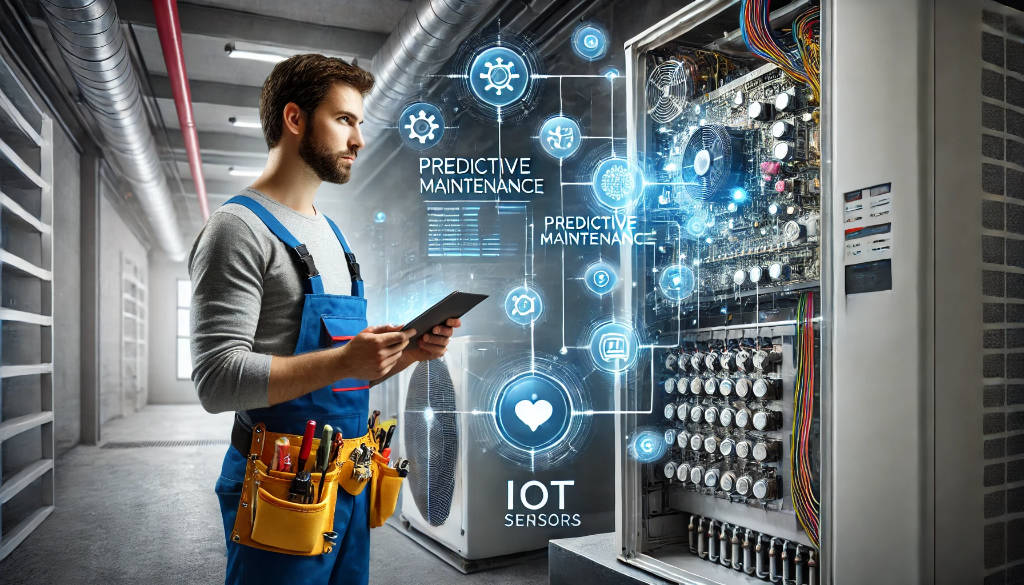
Predictive Maintenance and Diagnostics
Predictive maintenance, powered by AI and machine learning, is transforming how HVAC systems are serviced. HVAC professionals now need to develop skills in using predictive diagnostic tools, enabling them to assess real-time data, forecast system issues, and proactively address maintenance needs before breakdowns occur. This expertise enhances system longevity and reliability, setting a new standard for client satisfaction and operational efficiency.
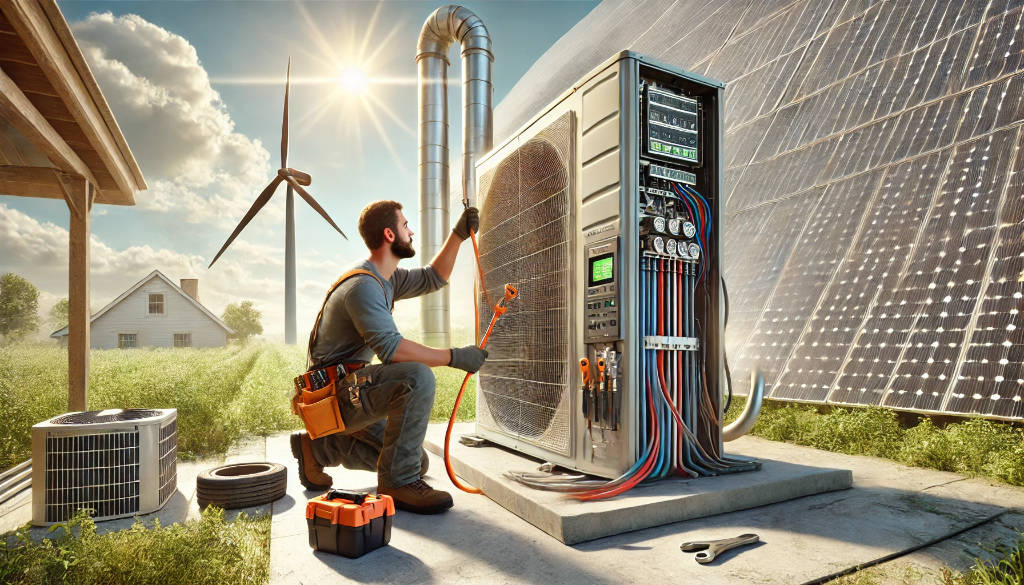
The Upskilling Advantage
Investing in upskilling makes HVAC technicians more versatile, capable, and valuable in today’s market. Contractors who prioritize continuous learning not only enhance their team’s expertise but also position their brand as a go-to provider in a competitive industry.
Try SendWork for Free and see why contractors across industries trust it to grow their businesses.
Try SendWork for Free
Specializing in Sustainable HVAC Solutions
As sustainability takes center stage in HVAC, professionals with green technology expertise are in high demand. Clients and regulators are prioritizing HVAC systems that minimize environmental impact, creating a strong need for specialized green skills.
In-Demand Sustainable Specializations in HVAC
- Heat Pump Installation and Maintenance: This skill is essential for HVAC technicians as the demand for low-emission systems rises.
- Geothermal Systems Expertise: Specializing in geothermal systems provides clients with eco-friendly HVAC options and requires unique installation skills.
- Hybrid HVAC Systems: Mastering hybrid systems that combine renewable and traditional HVAC methods allows technicians to offer sustainable solutions that are versatile across climates.
The Advantage of Specialization
By focusing on sustainable HVAC technologies, contractors can align with green building practices, attract eco-conscious clients, and lead in an expanding eco-focused market.
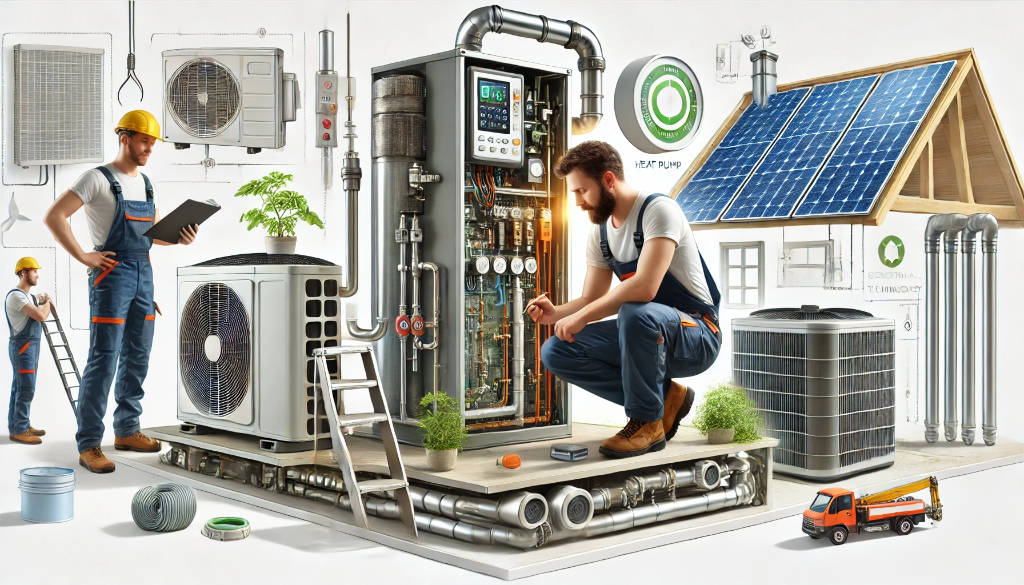
Embracing Digital Tools in the HVAC Workforce
As HVAC systems become more sophisticated, digital tools are essential to effective maintenance and operations. Tools like remote monitoring, AI diagnostics, and VR training are transforming HVAC service delivery.
Must-Have Digital Tools
- Remote Monitoring Platforms: These enable real-time HVAC performance tracking, facilitating proactive maintenance and reducing client downtime.
- AI Diagnostics: AI diagnostics detect issues early, boosting efficiency and improving customer satisfaction.
- VR Training Simulations: Virtual reality provides an immersive training environment, allowing HVAC professionals to practice installations and repairs safely.
Why Digital Literacy Counts
With digital tools, HVAC contractors can offer predictive maintenance, 24/7 monitoring, and other premium services. Embracing these technologies enhances client satisfaction and keeps HVAC businesses competitive.
AI and Predictive Maintenance: Leading the HVAC Transformation
AArtificial Intelligence (AI) is reshaping HVAC maintenance with predictive capabilities that allow technicians to address issues before they lead to costly repairs. AI’s data-driven insights enable smarter, more proactive service.
How AI Benefits HVAC Maintenance
- Predictive Diagnostics: AI identifies early signs of wear, allowing technicians to prevent breakdowns.
- Proactive Repairs: Early detection lowers repair costs and minimizes downtime, ensuring reliable service.
- Energy Optimization: AI-driven systems automatically adjust settings to maximize energy efficiency, lowering both operational costs and environmental impact.
The AI Edge
AI-powered predictive maintenance enables HVAC contractors to offer cost-effective, reliable service, setting them apart with forward-thinking solutions.
Essential Certifications for the Modern HVAC Technician
With evolving HVAC technologies and environmental standards, certifications are increasingly crucial for HVAC professionals. Training in energy efficiency, refrigerants, and smart systems builds trust with clients and aligns HVAC practices with regulatory standards.
Top Certifications for HVAC Professionals
- NATE Certification: Recognized for installation and maintenance excellence, NATE (North American Technician Excellence) certification is widely respected across the HVAC industry and demonstrates a technician’s expertise in core skills.
- LEED Accreditation: LEED (Leadership in Energy and Environmental Design) certification by the U.S. Green Building Council opens doors to sustainable building projects, providing HVAC professionals with a strong advantage in green building practices.
- EPA Certification: With the shift to environmentally friendly refrigerants, EPA certification under Section 608 ensures HVAC technicians are trained in safe, compliant refrigerant management practices as the industry adopts new, low-GWP refrigerants.
The Value of Credentials
Certified technicians gain an edge by building trust and demonstrating a commitment to quality. Certification can open doors to commercial clients who require specialized expertise.
Attracting Fresh Talent to the HVAC Industry
As HVAC demand grows, recruiting skilled professionals is more important than ever. Many young professionals are drawn to HVAC for its focus on sustainability and career growth.
Strategies to Attract New Talent
- Offer Apprenticeships and Mentorship: Hands-on training fills skills gaps and attracts motivated learners.
- Highlight Sustainability: Emphasizing HVAC’s role in energy efficiency appeals to eco-conscious professionals.
- Showcase Career Growth: Clear career paths, including certification and specialization, make HVAC an attractive option.
Building a Future-Ready Workforce
Recruiting and training young talent prepares contractors for the future. A skilled, forward-thinking workforce is essential to meeting industry needs.
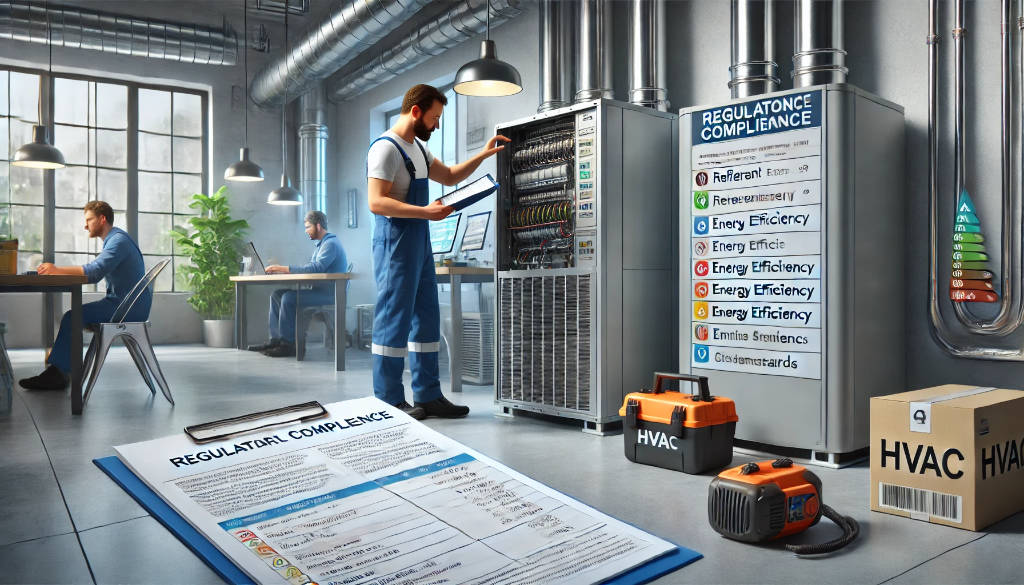
Adapting to Regulatory Changes in the HVAC Workforce
The regulatory landscape is evolving, with new standards focused on energy efficiency, refrigerants, and emissions reduction. Staying compliant is essential to meet client expectations and avoid risks.
Key Regulatory Trends
- Refrigerant Phaseouts: HVAC professionals must keep up with eco-friendly refrigerant alternatives.
- Energy Efficiency Standards: Meeting updated benchmarks is increasingly important as regulations tighten.
- Emissions Reduction: New standards on emissions, especially in commercial spaces, are reshaping HVAC requirements.
Why Compliance Matters
Staying current with regulations reflects a commitment to responsible practices, positioning contractors as leaders in environmental responsibility.ns reflects a commitment to sustainability and responsible practices, positioning contractors as leaders in environmental responsibility.
Conclusion: The Future of the HVAC Workforce
The HVAC workforce is evolving as new technologies and sustainability goals reshape the industry. To remain competitive, HVAC professionals must prioritize green technology, digital tools, and regulatory compliance. Contractors who focus on upskilling, specializing, and attracting new talent will ensure their business is ready for a tech-driven, eco-conscious future.

